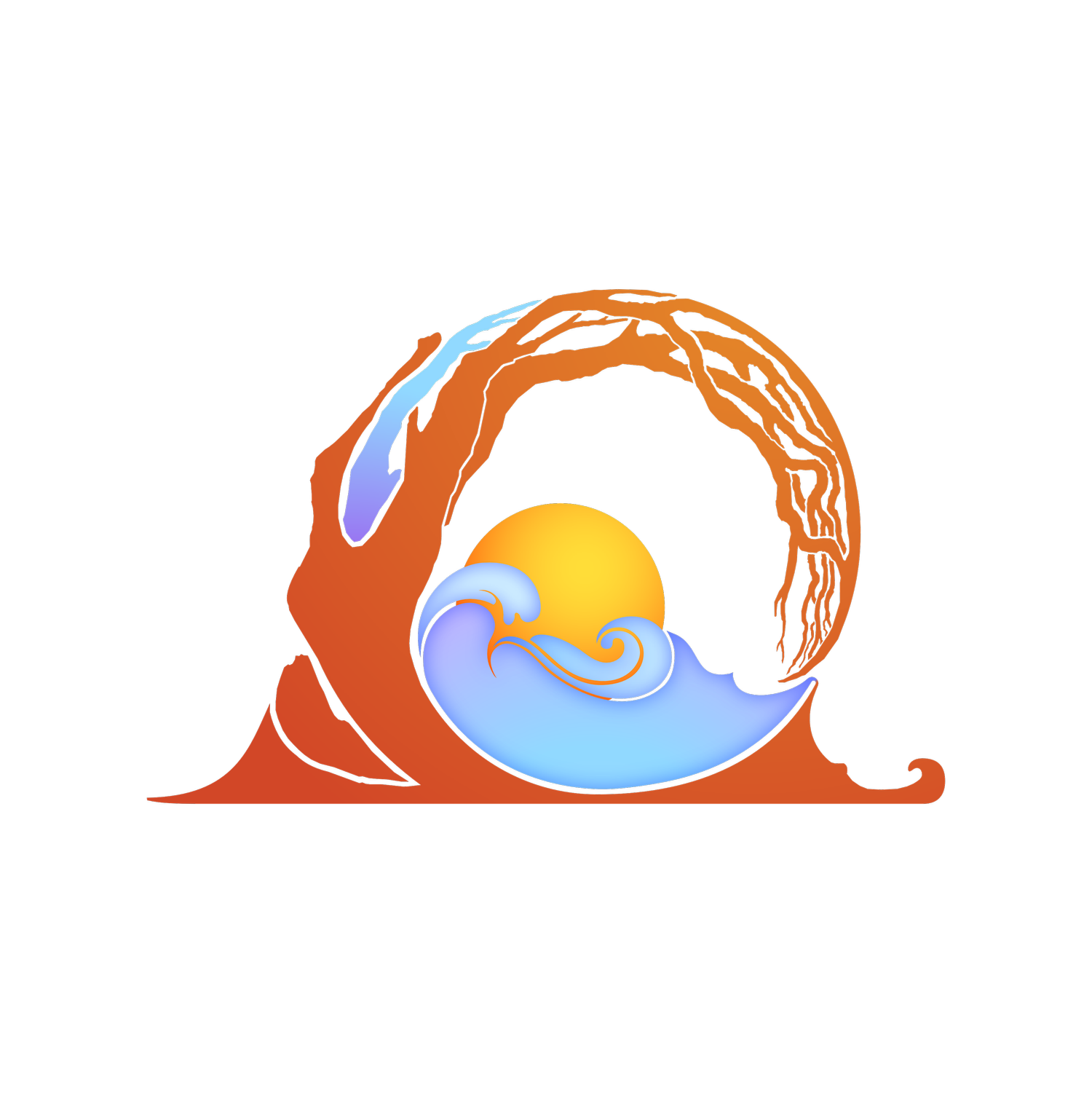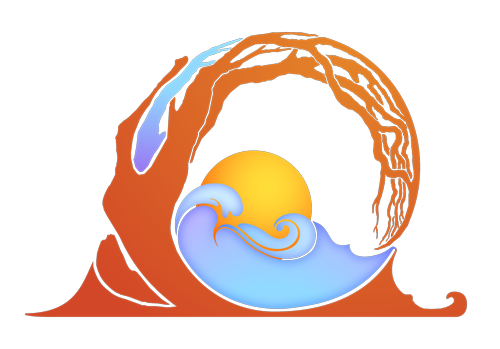
Frequently Asked Questions
-
Trained counsellors engage and empower individuals' creative spirits and expressive voices through writing, music, visual arts, movement, and play.
Expressive Arts empower individuals by enhancing their creativity, emotional well-being, interpersonal relationships, or transitional moments. With Expressive Arts Therapy, individuals can discover and heal their inner selves, process emotions, and connect with their inner selves.
-
EXAT is suitable for anyone! No artistic skills or experience is required. Our counsellors are trained to guide you through the creative process, help you become familiar with the materials, and support you to express yourself through sound, movement, music, art and play.
-
EXAT is an effective mode of therapy for children, youth and adults.
Children and youth may find it difficult to find the words to express thoughts, feelings, emotions or events. EXAT offers a way to share hard-to-share experiences with others, especially adults and authority figures.
Furthermore, children learn to understand things through symbols and images before language develops, making EXAT suitable for children 2 and up.
-
Play therapy supports children in identifying and resolving challenging problems. Therapy provides children a safe space to express and process feelings, thoughts, and experiences through their natural desire to play. Therapeutic play empowers the child to overcome challenges without difficult words, explanations, or adult reasoning.
-
Sandtray and sand play therapy are evidence-based approaches.
In sandtray therapy, the focus is on what a person is experiencing in the moment. To open up emotionally, you use the sand tray to express yourself. Your counsellor may guide you to use the sand differently and help you open up your feelings, thoughts and emotions.
The benefits of sandtray therapy can include:
reduction of anxiety and traumatic stress symptoms
increased resilience
expression of feelings without the need for words
effectiveness as a stand-alone technique and complementary therapeutic technique
boost in creativity
a sensory, calming experience
unstructured technique
grief and loss processing
boost in low self-esteem
anger management
can be used in individual, group, or family therapy
can be utilized with kids, teens, and adults
-
EMDR was developed to resolve symptoms resulting from aversive and traumatic life experiences. It is particularly used in the treatment of post-traumatic stress disorder.
EMDR is thought to imitate our psychological state during rapid eye movement (REM) sleep. Studies show that when in REM sleep, we are able to make new associations between things very rapidly. EMDR is designed to tap into this high-speed processing mode that we all have, helping the brain to process unresolved memories and make them less distressing.
-
The purpose of therapy dogs is to support a client's mental health by providing comfort and attention. People facing difficult health challenges may benefit from their sweet demeanour and unconditional love. Animal-assisted therapy involves interacting with animals and a therapist to help you explore your feelings and experiences differently. Working with animals may help you feel more at ease and give your therapist useful insights into how you form relationships or respond to situations.
Animal-assisted therapy can help with many issues, including anxiety, depression, relationship problems, trauma and eating disorders.
-
Our counsellors offer an Integrative approach to counselling. We view our clients as a whole person, considering their mental, physical, and emotional needs. Your counsellor will use techniques and tools from different modalities to tailor your individual approach.
Acceptance and Commitment Therapy (ACT)
Cognitive Behavioural Therapy (CBT)
Emotionally focuses Family & Individual Therapy (EFFT/EFIT)
Experiential Unity Theory and Model of Trauma
Person-Centred
Solution Focused
-
Counsellors use a lot of initials; what do they all mean?
• RCC: Registered Clinical Counsellor
• RSW: Registered Social Worker
• MA: Master of Arts Degree
• MACP: Master of Arts in Counselling Psychology
• RCAT/BCATR: Registered Art Therapist
• EXAT: Expressive Art Therapist
• BCRPT: BC Registered Play Therapist
-
Free parking is available on-site, including accessibility parking (a valid BC permit is required for accessibility parking).
For your convenience, an elevator is provided at the main entrance.
-
Payment is due at the time of service.
We accept payment via e-transfer, debit card or credit (Visa or MasterCard). A receipt is issued upon payment, which can be submitted to your extended healthcare provider for reimbursement. We are unable to offer direct billing.
More information on fees and coverage can be found on our Coverage & Rates page.
-
Your appointment time is reserved just for you. As such, we require 24 hours’ notice for any cancellations or changes to your appointment. Clients who provide less than 24 hours’ notice or miss their appointment will be charged a cancellation fee to the card on file.




